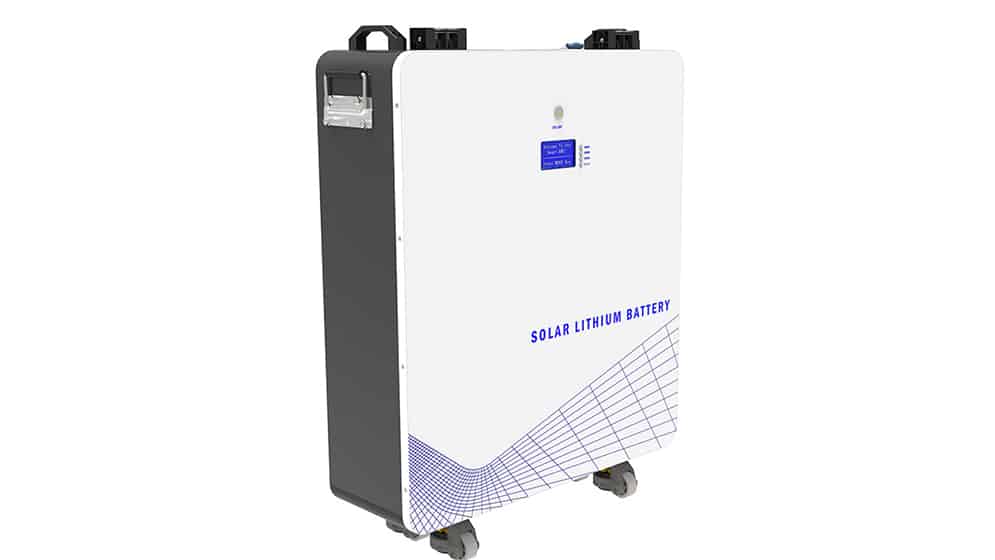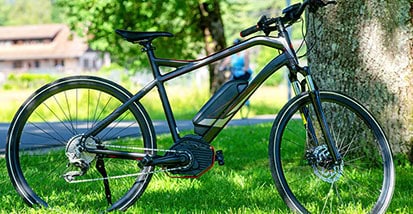- Curved Lithium Polymer battery
- Fast Charge Polymer Battery
- Flexible Polymer Lithium Battery
- Ultra-thin Polymer Battery
/ Blog / Battery Knowledge /
How to choose the best home energy battery storage
03 Mar, 2022
By hoppt

Every home is unique and has its own energy needs, but a few basics apply to home battery storage. There is a range of options available to meet a home's specific grid, environmental and financial circumstances.
Here are some of your home storage options based on lifestyle and home design, so read on to find the home battery storage solution for you.
- How much electricity do you use?
Home energy usage varies widely across homes. A home in a dense urban area or flat might only need around 1kWh per day, while a rural area can be closer to 8kWh per day. It's important to consider how many kWh your home uses when working out if home battery storage is appropriate for you, and what size of system will work best in your home environment. - What are your living patterns?
Most home battery storage solutions collect the solar power generated during daylight hours for use at night when you're likely to use more power (in winter) or when it's too cloudy for solar energy to be generated (in summer). This means home battery storage is most effective for homes with a lifestyle that fits this pattern. For example, people who go out during the day and come home around 5 pm will have an ideal home battery storage solution as they'll use more power from their home after dark. On the other hand, those who work from home throughout the day will not benefit as much from home battery storage as their needs are covered by exporting excess electricity to the grid – if you plan on working from home, it's worth checking with your supplier whether this counts towards export or not before signing up to home battery storage. - What's your budget?
Affordability is always a consideration when making any major home upgrade purchase, and home battery storage is no exception. Home battery options are available to suit different budgets and home energy usage needs, so it's important to know what you can afford before signing up for home battery storage. - How many home appliances are you using?
The more home appliances that use electricity at once, the less power each home appliance will get, so home battery storage systems work best when there are fewer appliances in your home which need to be powered at once. This means home battery storage is handy for homes with larger families or where it's common to have gatherings and parties - where lots of home appliances may be running simultaneously.
On the other hand, if you're keen to save on energy costs, it makes sense not to invest in home battery storage if your household only has one or two home appliances that require electricity at any given time (such as an electric toothbrush).
We've only scratched the surface of the considerations involved in choosing home battery storage. For example, home battery storage options vary widely regarding how much home data they reveal, so it's essential to look into the finer details before signing up for home battery storage. However, the above home energy usage considerations are an excellent place to start when choosing home battery storage that will work well for your home environment.
Much like buying home appliances, home solar panels, or home insulation, choosing home battery storage boils down to three things - lifestyle, budget, and system requirements. Using this information, you should choose between home energy batteries that suit your specific needs and make the most out of your solar power generation system.
Conclusion:
The article provides some basic knowledge about home energy batteries and some neat bullet points at the end of the article.



